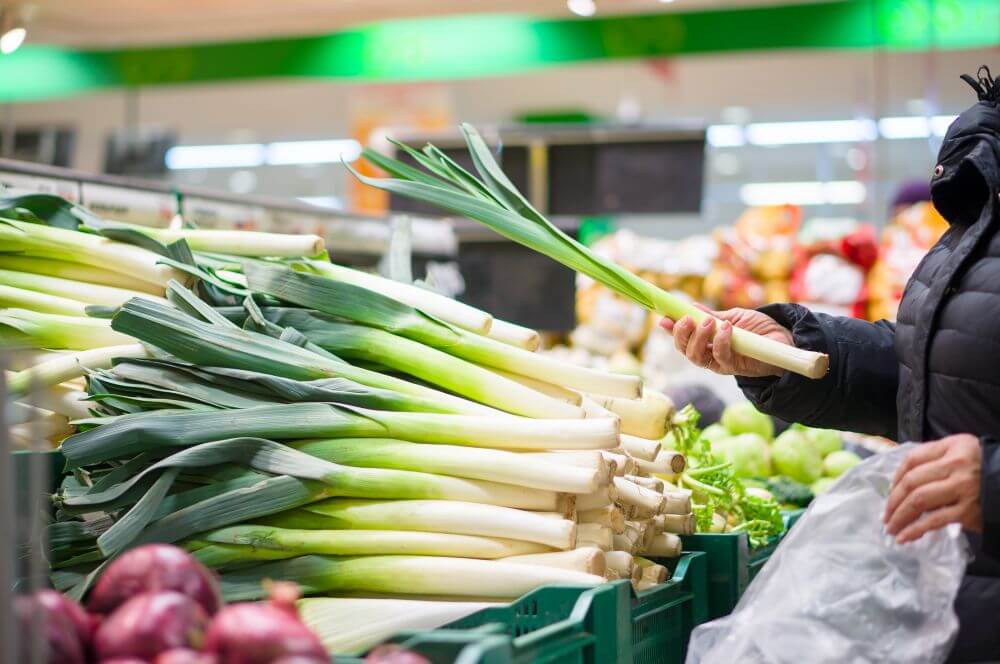How to reduce your food bill this winter

The cost of heating homes in winter can put financial pressure on most Kiwi families.
When it comes to paying high power bills or unexpected expenses, it is usually the food budget that takes the first hit.
In order to help families put healthy and cheap meals on the table, Love Food Hate Waste has created Easy Choice – Family Kai, a free budget friendly meal planner and recipe book.
Careful planning and small changes mean that you can save some money at the supermarket to put away in anticipation of your next power bill.
Here are some other ways you can save money on your food bill this winter:
Cook in bulk
If you know you are going to eat foods like rice, pasta or potatoes more than one night a week, cook two nights worth in one go to save on power. Leftover cooked rice is safe to eat, provided it is cooled quickly and reheated until it is piping hot. To cool rice quickly, spread it over a large tray and put it into the fridge as soon as it is cool. You can also rinse the rice under cold water to cool it.
Eat seasonally
This may be obvious, but winter vegetables are cheaper in winter, while summer favourites are either non-existent or are prohibitively expensive. Opt for vegetables like cabbage, leeks, parsnips or silverbeet which should be cheap this time of year. Alternatively, frozen vegetables are always a great option as they are cheap, nutritious, pre-prepared and won’t go bad.
Cook once, eat twice
Either cook enough food so that you can eat it the next night (or freeze it for another time) or use the leftovers as the starting point for the next meal. In the winter Easy Choice, you roast a chicken with vegetables for the first meal, make chicken noodle soup for the second meal and turn the leftover vegetables into a roasted vegetable frittata for the third.
Eat all parts of the vegetable
Broccoli stalks, silverbeet stems and the green part of the leek are all edible and can help bulk out a meal and add an additional serving of vegetables.
Use a slow cooker or crock pot
Not only are slow cookers an energy efficient way to make a meal, they turn inexpensive cuts of meat into delicious meals. Try this recipe for winter warming lamb chops.
Limit how much meat you eat
Meat can be really expensive’, so try to reduce how much meat you use in a meal or go meat-free entirely for some meals. Beans, lentils, eggs and tofu are cheap, non-meat protein sources. If you need inspiration, Easy Choice includes recipes for family favourite meals nachos and burritos, using beans instead of mince.
Make the most of your oven
Your oven is the most energy-demanding of all your kitchen appliances, so if you are going to use it, try to utilise it as much as possible e.g. can you roast vegetables for a meal later in the week at the same time your pie is heating in the oven?
Put away your leftovers before you tuck in

If you have made a meal which you intend to have as leftovers, pack away the leftovers before you serve the meal. This will stop you from overeating or your family accidentally eating tomorrow’s lunch.
Serve soup
Soups are a wonderful way to make a small amount of food go a long way. Not only are they cheap, they also help to warm you from the inside. You can add all sorts of leftover meat, vegetables and grains to them.
Store potatoes and onions away from each other
If you have bought large bags of potatoes and onions, make sure you store them far away from each other. While they both need to be kept in cool, dark places, storing potatoes and onions together will make them sprout faster. Keep your onions in the pantry and your potatoes in a different cupboard or part of the kitchen.

